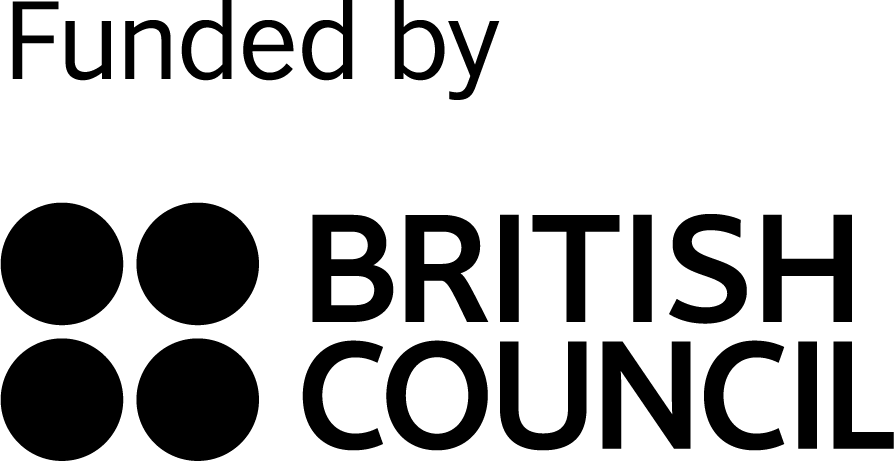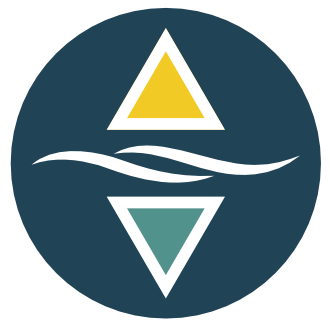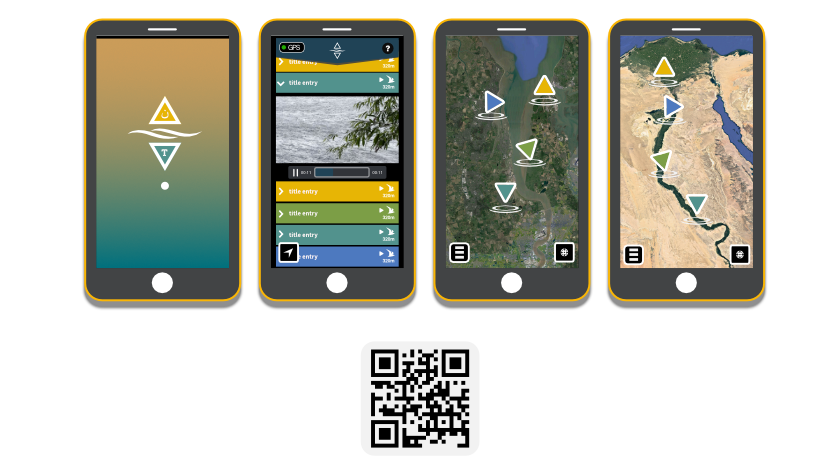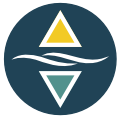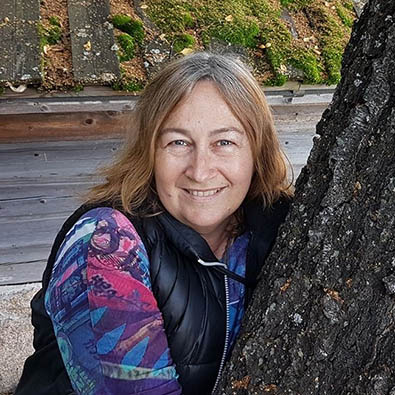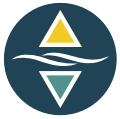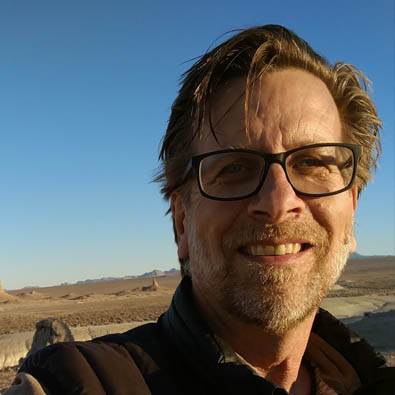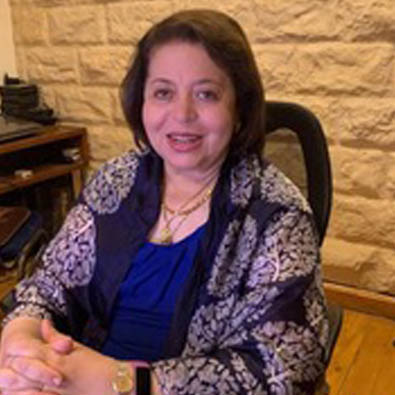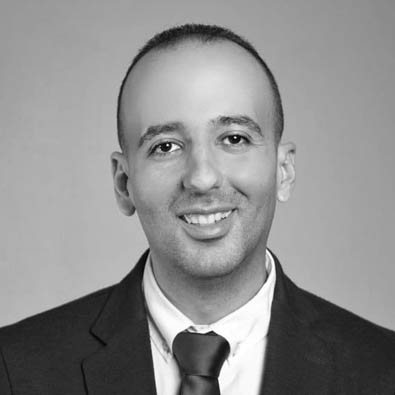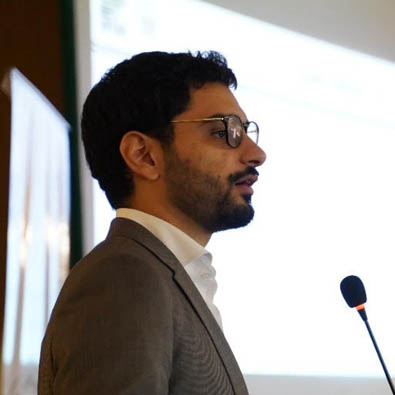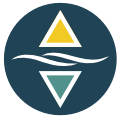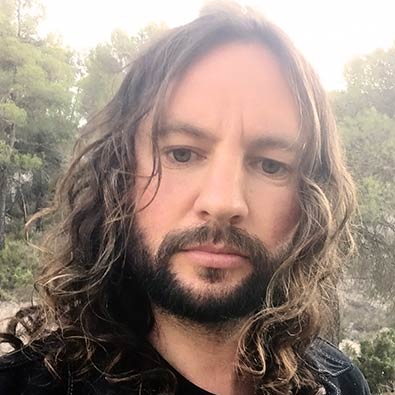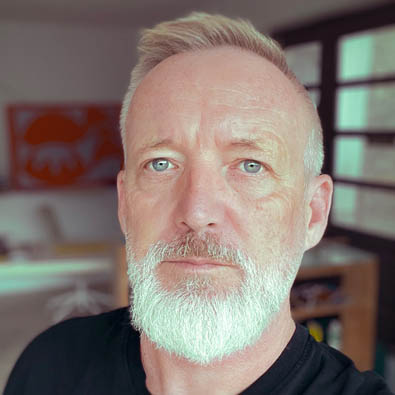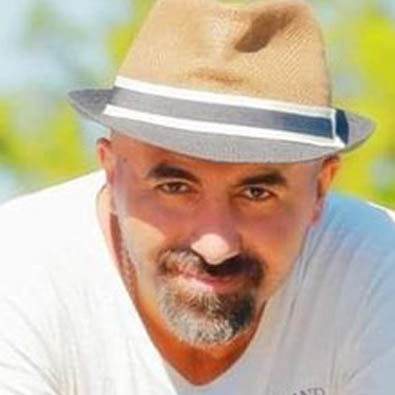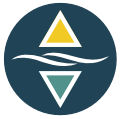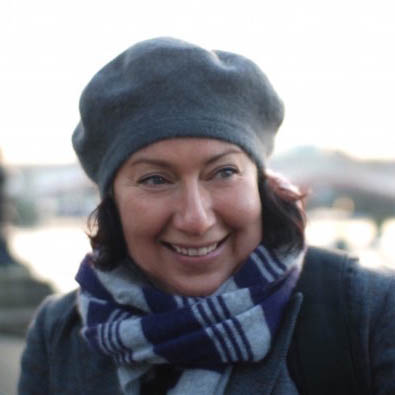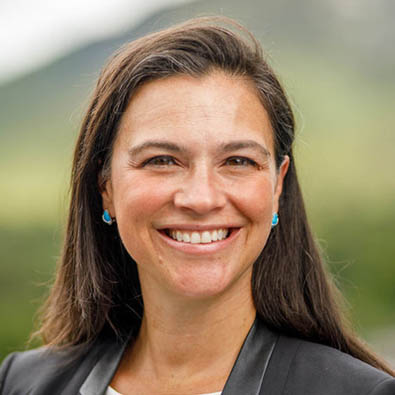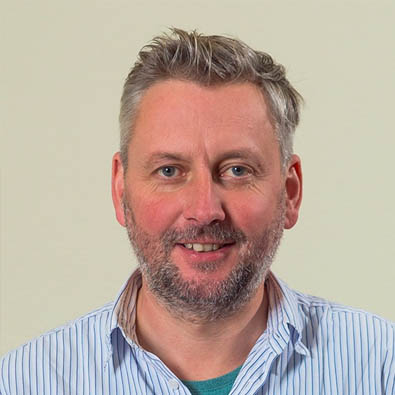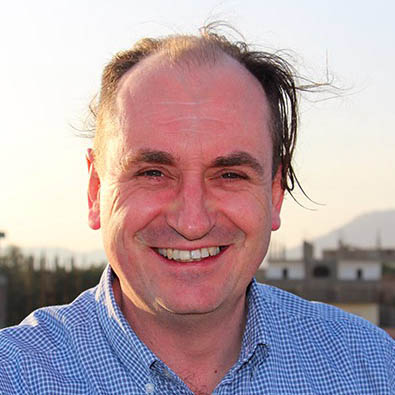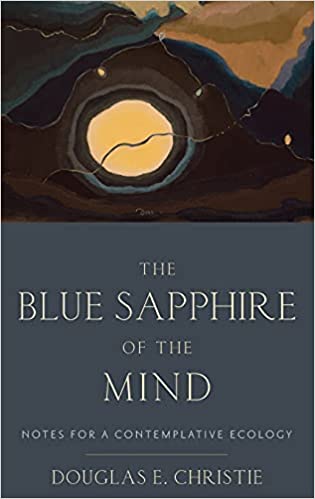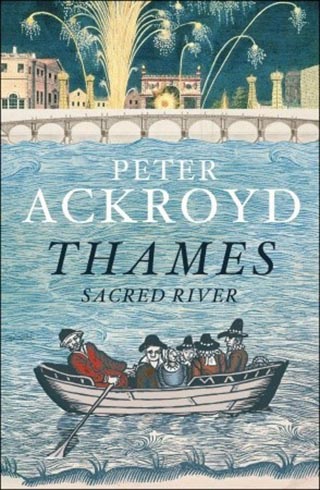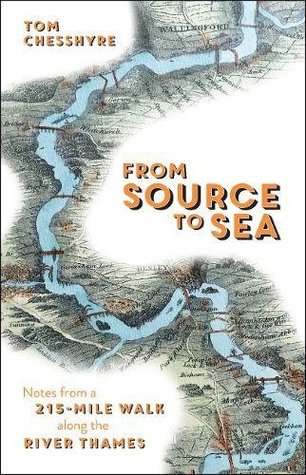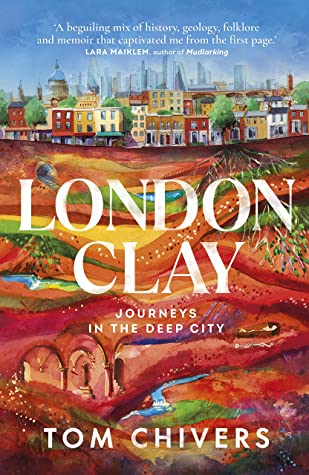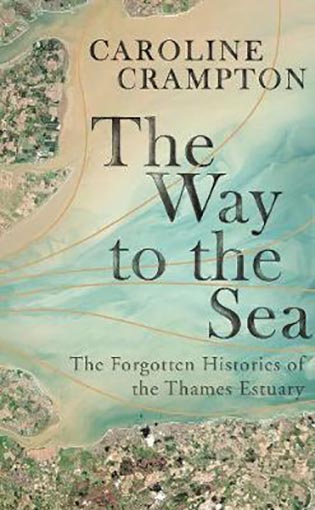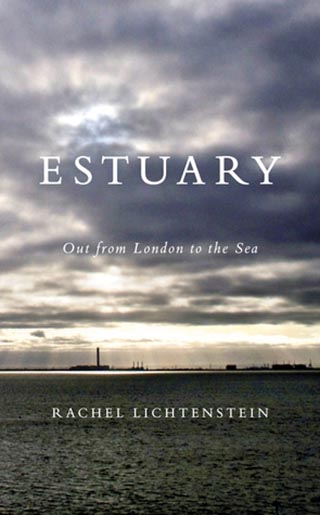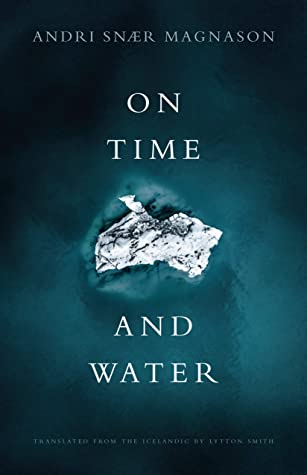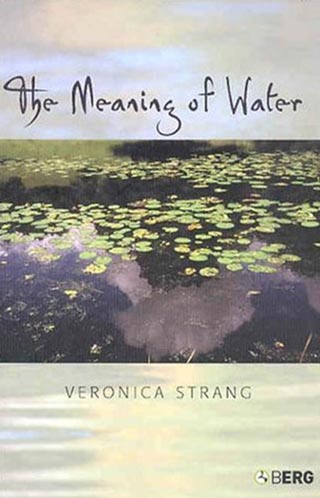Loading...
Reading Water
A Contemplative Ecology of the Rivers Nile (Egypt) and the Thames (UK)
in the run up to COP27!

Reading Water engages all interested, encouraging specifically young people (students and/or in their early career) in the UK and Egypt to respond to water issues by connecting local experiences of their place, sharing them, and transforming them in collective answers with digital tools, emerging from a contemplative ecology.
It aims to mobilize action by raising awareness on the preservation of water, water cleanliness, sacred water and cultural flow through a contemplative ecology of empathy, collaboration, imagination and technological innovation.
Reading Water brings scientists, thinkers, technologists and young people together to work collaboratively on locative media, digital walks and interactive maps, concerned with impactful activities, river sustainability and climate action.
The focus will be on using locative media technologies and other collaborative tools to codesign ecological restoration and digital art projects along the rivers Nile (Egypt) and Thames (UK).
thank you!
Saturday 26th November
presentation of the results
what
This interactive program spread over the period of a month invites young participants form Egypt and UK to create collaborative digitally located art projects that will be loaded into an interactive open access map. Framed by contemplative ecology, the focus will be on using locative media technologies and other collaborative tools to codesign ecological restoration art projects along the rivers Nile (Egypt) and Thames (UK).
The program includes a series of online talks and interviews with significant thinkers and doers, remote performances and simultaneous actions that create the environment for group exchange, learning and creating. The workshops will be timetabled over a 4- week period in three sections, online board game, online lectures performative and outdoors talks/ group discussions.
The Reading Water project focuses on interdisciplinary and collaborative ways of working with researchers, participants and an international network of locative media experts and programmers (Supercluster). It aims to mobilise action by raising awareness on the preservation of water, water cleanliness, sacred water and cultural flow through a contemplative ecology of empathy, collaboration, imagination and innovation.
An open online introduction session for all interested to apply or with a general interest in the topic of Contemplative Ecology and Locative Media will be organized at the end of October. Let us know your interest here and we’ll send you an invitation.
for who
- Participants to the workshop trajectory are expected to participate online in a series of organised online talks and practical group sessions and discussion groups, hosted by a researcher or artist in four days over a period of a month in November 2022.
- Parts of the program involve self-study, including pre-recorded video-interviews with significant thinkers and doers.
- No technological background or special knowledge is required and creatives, including students, from non-technological fields are encouraged to participate.
- Participation is free. Fill the form below if you are interested and we’ll get back to you.
when
info session
for potential applicants and all interested
Thursday 27th October
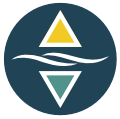
session 1
Saturday 5th November
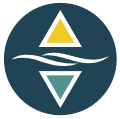
session 2
Saturday 12th November
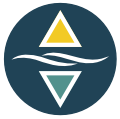
session 3
Saturday 19th November
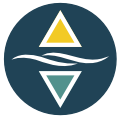
presentation results
Saturday 26th November
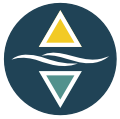
beyond the course café
Wednesday 30th November
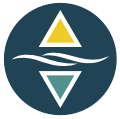
course leaders
Eman Abdou
& the Nile
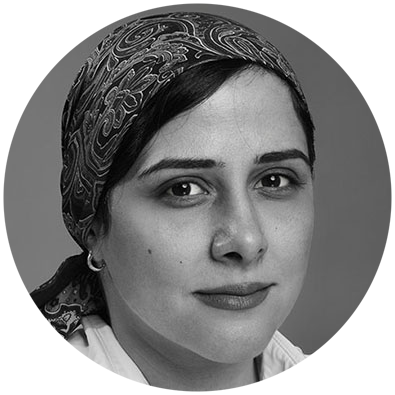
Helwan University
Egypt
Eman Abdou is a visual artist and an assistant professor at the faculty of Fine Arts, Helwan University, Egypt. Member of art POWA, Rhodes University.
Fay Stevens
& the Thames
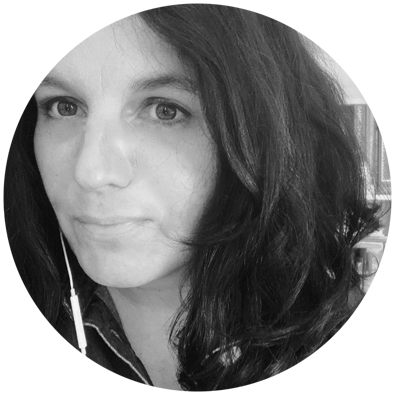
University of Notre Dame
England
Archaeologist, academic, writer, curator and artist. Adjunct Associate Professor in Archaeology and Sustainability Studies at University of Notre Dame. Specialist in the philosophical school of phenomenology, the archaeology of water, theoretical landscape archaeology and sustainability.
collaborating on a map
coordination crew
Geert Vermeire
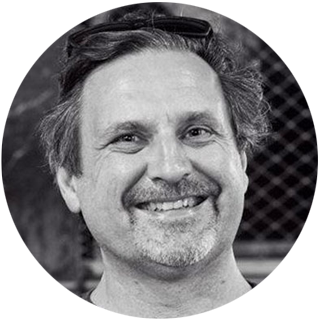
Geert Vermeire, Artist, Poet and Locative Media Expert. Co-founder of Supercluster non profit and walk · listen · create, team member of noTours and collaborator of escoitar, and core team member of CGeomap.
Simona Vermeire
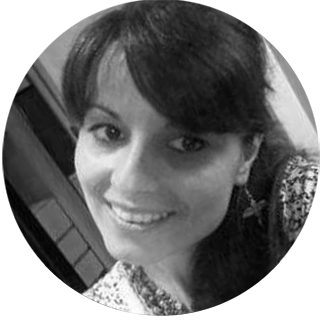
Simona Vermeire, PhD in Comparative Literature, Post Doc Researcher in the Ontology of plants (Critical Plant Studies) Uminho University, PT. Specific research interest in the connection between literature, arts, and science and the concept of consilience.
Fred Adam
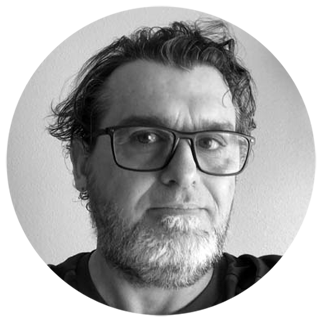
Location based media explorer, Co-founder of the CGeomap project and the Supercluster NGO, creator of the GPS Museum Database and member of the Oika network.
contact us
Reading Water is funded by the British Council’s Creative Commissions Egypt for COP27, which are designed as part of the Climate Connections programme.
